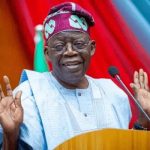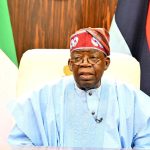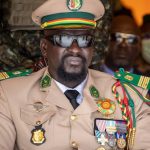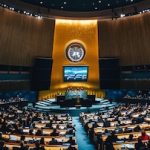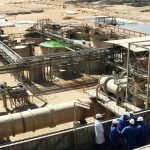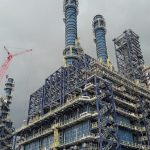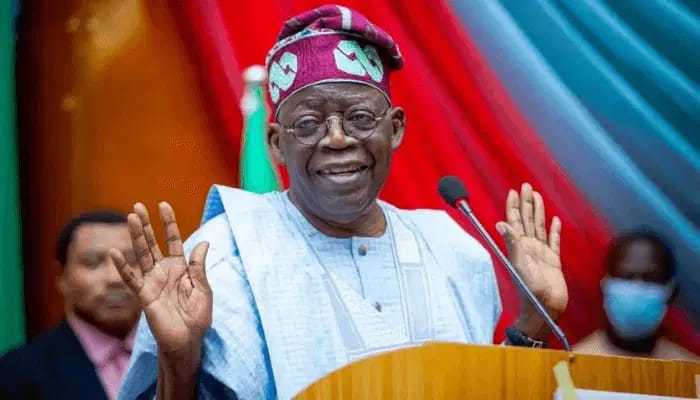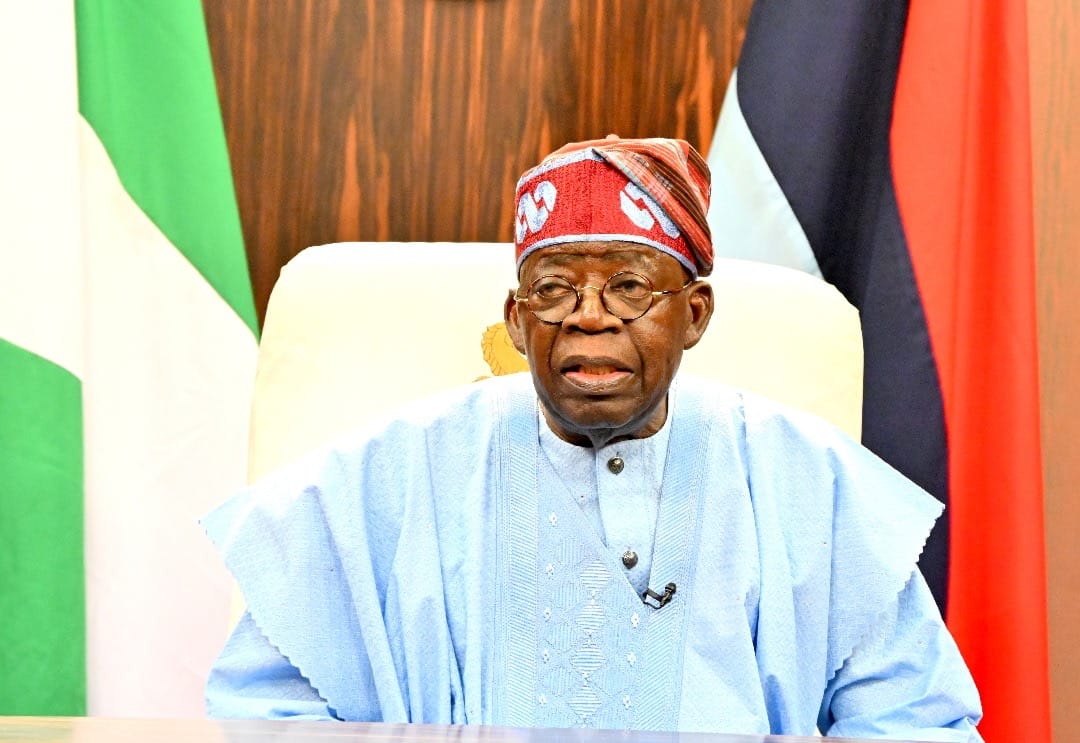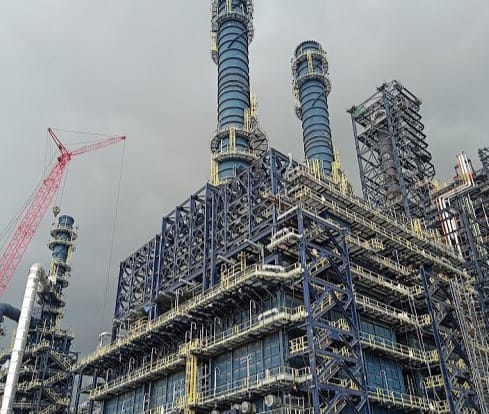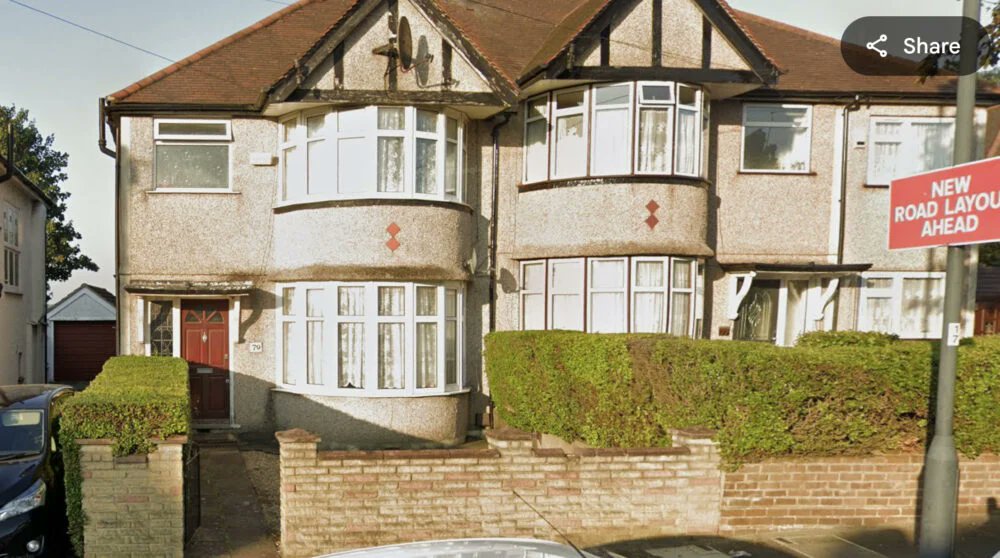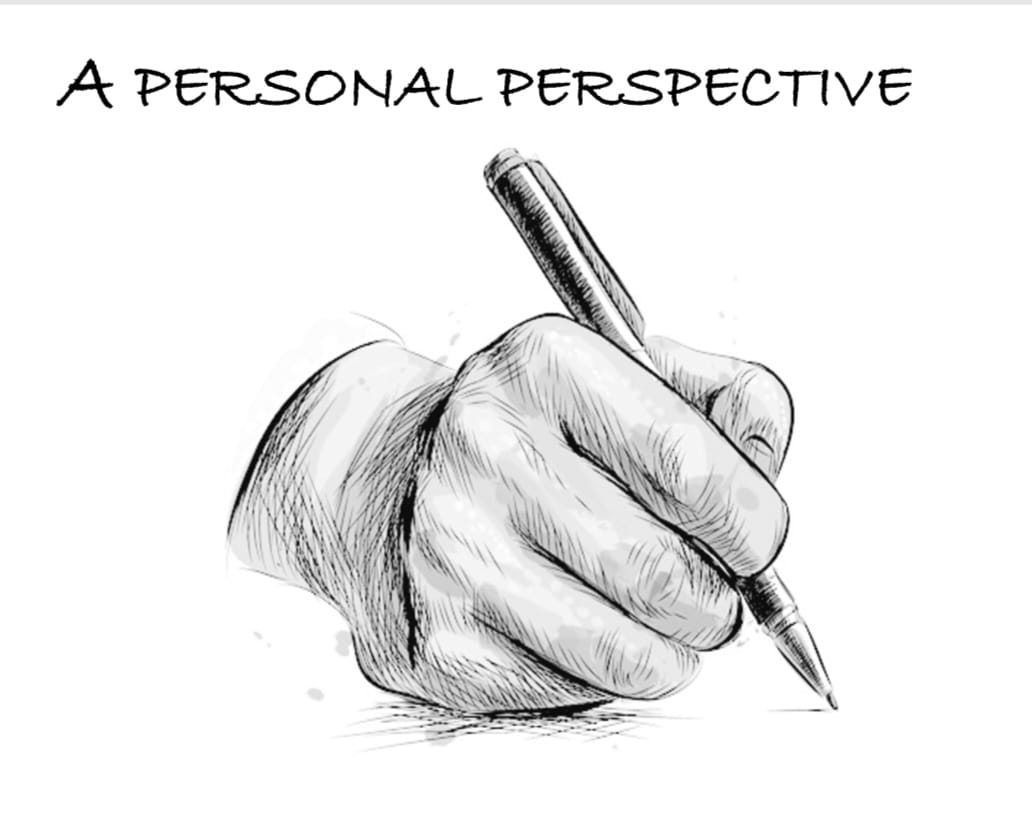By Ejiroghene Barrett
In his address marking Nigeria’s 65th Independence Anniversary, President Bola Tinubu presented a narrative of a nation at a definitive turning point. The speech was a blend of historical homage and economic report card. It was also a call to national purpose, meticulously crafted to project an image of a government firmly in command.
Tinubu’s speech describes a leadership that is steering the “Giant of Africa” away from the brink of collapse and toward a dawn of self-reliant prosperity. For observers of Nigerian and African affairs, the address is more than a ceremonial update but a crucial text for understanding the Tinubu administration’s worldview, a vision that is heavy on macroeconomic optimism but seemingly light on the visceral anxieties of the average Nigerian.
The president’s framing is one of courageous, necessary reform versus the comfortable status quo of ruin. He states his administration “inherited a near-collapsed economy” and faced a “simple choice: continue business as usual and watch our nation drift, or embark on a courageous, fundamental reform path.”
The statement serves as a clever strategic move. It casts the serious hardships triggered by the abrupt end of the fuel subsidy and the flotation of the Naira not as policy failures, but as the inevitable short-term pains of a surgical procedure on a critically ill patient. The repeated declaration that “the worst is over” and that “yesterday’s pains are giving way to relief” is the speech’s central pillar, an attempt to build a bridge of hope over a chasm of popular discontent.
To bolster this claim, the president deploys a barrage of economic indicators. He cites a GDP growth of 4.23%, falling inflation, a trade surplus, a strengthened external reserve, and a booming stock market. On paper, for an international financial audience, these figures suggest a country on the mend.
The sovereign credit upgrades and the Central Bank’s interest rate cut are presented as external validations of this success. This section of the speech is aimed squarely at restoring investor confidence and informing the global institutions that Nigeria is finally addressing its long-standing fiscal distortions.
However, this narrative of a technocratic triumph appears to only exist in a parallel universe to the daily experience of millions. The president’s acknowledgment of “temporary pains” feels profoundly inadequate to citizens grappling with inflation that, even at a “three-year low” of 20.12%, remains catastrophic for purchasing power.
The cost of living has shot up, and the social investment programmes he mentions, N330 billion for eight million households, while significant on paper, are often plagued by implementation gaps and are a drop in the ocean for a population where it is estimated that over 80 million live in extreme poverty.
The speech’s focus on high-flying infrastructure projects like the Lagos-Calabar Coastal Highway, criticised for its colossal cost, contrasts sharply with the crumbling basic infrastructure, roads, schools, primary healthcare centres, that defines daily life for the majority.
Furthermore, the address makes a critical, and perhaps premature, declaration. It asserts that macroeconomic stability will automatically translate into tangible human development. The president states, “The accurate measure of our success will not be limited to economic statistics alone, but rather in the food on our families’ tables, the quality of education our children receive, the electricity in our homes, and the security in our communities.”
This is an admission that the current metrics are insufficient. He, however, offers no concrete, scalable plan to bridge this gap, only an assurance that resources will be channelled accordingly. This is the speech’s greatest vulnerability. A stronger Naira means little if local food production is hamstrung by insecurity, and a growing GDP is cold comfort to a family that cannot afford a meal.
The speech adopts a resolute yet familiar tone on security matters, repeating standard commendations of the armed forces and asserting victories over terrorist and criminal elements, yet they offer no comfort to communities in the North-West and Middle Belt where kidnapping and violence remain a pervasive threat.
The president’s reduction of the complex farmer-herder conflicts and separatist agitations to a simple narrative of the state “stamping out” evil undermines the credibility of the broader message.
The speech does succeed in the ease with which it frames a contentious economic agenda as an act of national salvation. It is a document for the World Bank and the bond markets, promising that Nigeria is finally open for serious business.
However, for it to be more than just words, Tinubu’s administration must urgently demonstrate that its economic metrics can be converted into palpable human security and opportunity. The “dawn of a new, prosperous, self-reliant Nigeria” that the president heralds remains a distant promise for many until the “biting effects of inflation” he acknowledges are not just a temporary pain, but left in the past. The true test of his reforms will be measured not in percentage points, but in the satisfied stomachs and renewed hopes of the Nigerian people.

